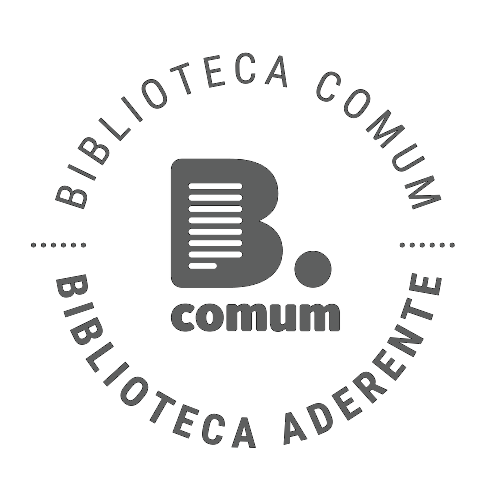How to get a PhD : a handbook for students and their supervisors / Estelle M. Phillips, D. S. Pugh
Main Author Phillips, Estelle, 1928- Coauthor Pugh, D. S. Country Reino Unido. Edition 2nd ed Publication Buckingham : Open University Press, imp. 1995 Description XIV, 203 p. ; 22 cm ISBN 0-335-19214-9 CDU 378.245| Item type | Current location | Call number | Status | Date due | Barcode | Item holds |
|---|---|---|---|---|---|---|
| Monografia | Biblioteca da UMinho no Campus de Azurém | BPG 378.245 - P | Available | 158998 |
Total holds: 0



There are no comments for this item.